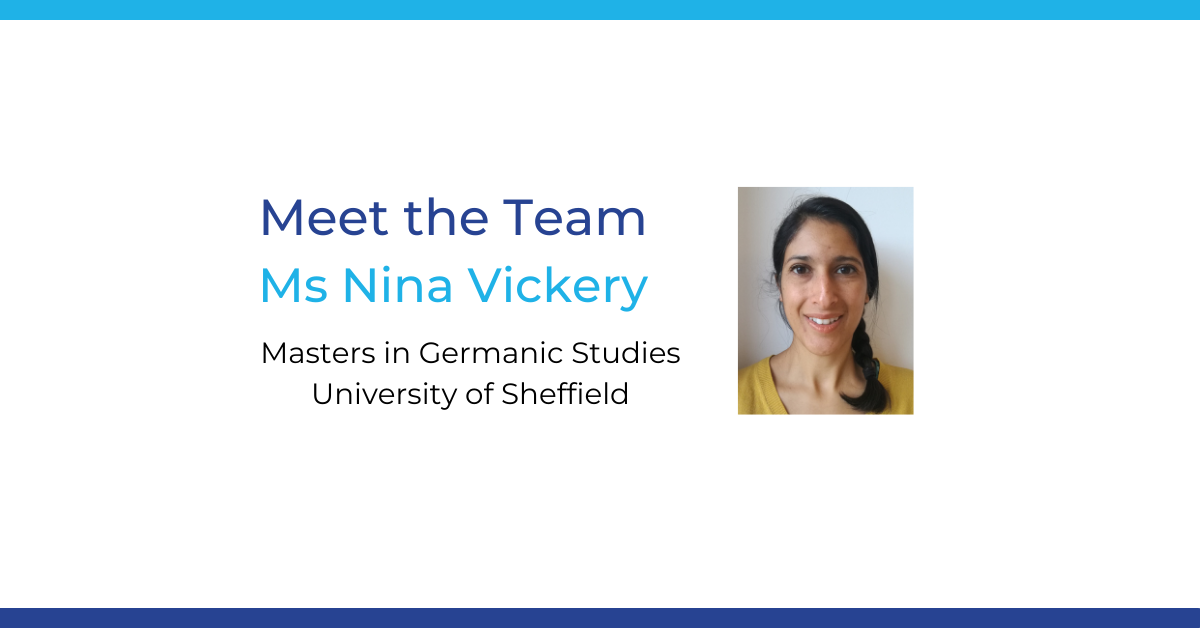
The life of an academic editor is often a thankless task, working in the background with little acknowledgement of the hours spent at the keyboard. With that in mind, and to give you insight into who is behind the scenes actually editing your papers, we’re pleased to launch “Meet the Team”, where our hard-working, gifted editing team share more about their backgrounds as well as thoughts on editing and academic writing. In this interview our language specialist, Ms Nina Vickery, who was an language consultant for the China International Publishing Group, tells us about her experience, views and suggestions for authors.
Could you tell us a little more about your educational background?
I graduated in Germanic studies in 2004 and went on to do an MA before starting work for a London-based translation agency specialising in medical and pharmaceutical translation. There, I developed a keen eye for detail thanks to meticulous mentorship and the daily proofreading tasks as part of my job. In 2009, my husband and I embarked on what has turned out to be a decade of international living, travelling first to Egypt, then China and now Italy. I have become quite proficient at fitting in language consultancy and editing work around raising a young family and integrating into whichever culture we happen to be calling ‘home’ at that given moment!
How long have you worked in the academic editing industry? Why are you interested in this line of work?
I started working for Asia Edit in 2015. As a keen language learner and global citizen, I have come to acknowledge the challenges and rewards of communicating in a second language. Through academic editing, I recognise the huge efforts that academics, who are experts in their fields, make to ensure their research and findings can be understood by an English-speaking audience and I am proud to be helping them in this area.
When editing, does it help to have specific knowledge of the field, or is a good knowledge of English sufficient?
I would say that both are important. But as a generalist editor, I am not put off when editing in a field that is less known to me. In some ways, having only basic knowledge of the research subject allows me to focus on the language used and pinpoint inaccuracies or ambiguities.
You must have to do a lot of reading and editing every day. What are your tips for staying focused?
One of the things that helps me stay focused when working from home is ensuring my work space is clean and clutter-free. Most of my resources are online or in electronic format, which means that all I need on my desk is my laptop, a notebook and a pen (plus a cup of tea!). I cannot leave the house for the morning school run unless any chores are done, as I know that when I get home, I need to work and be free from distractions.
We will be speaking with another member of our editing team in the next issue. Do keep an eye out for it!
Meanwhile if you are looking for a professional editing service to improve your chances of publication success, check out our academic editing service which is trusted by many leading academics!
Check out AsiaEdit’s professional research grant proposal editing service.
Read more about our training services covering all aspects of academic writing tailored for local institutions.
More resources on research grant proposal writing: On-demand Webinars
Preparing an effective research proposal – Your guide to successful funding application
Preparing an effective research proposal – Your guide to successful funding application (Part 2)
您的日程安排,我們最關切 AsiaEdit 採用個性化的編修方法。
亞洲專業語言有限公司台灣分公司
110 台北市信義區基隆路二段15號10樓
9:00am – 6:00pm
+886 2 7705 3216
